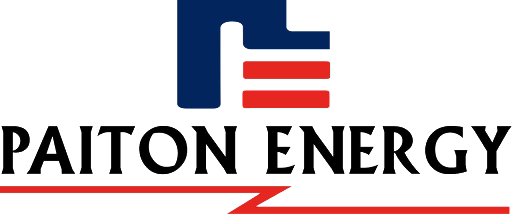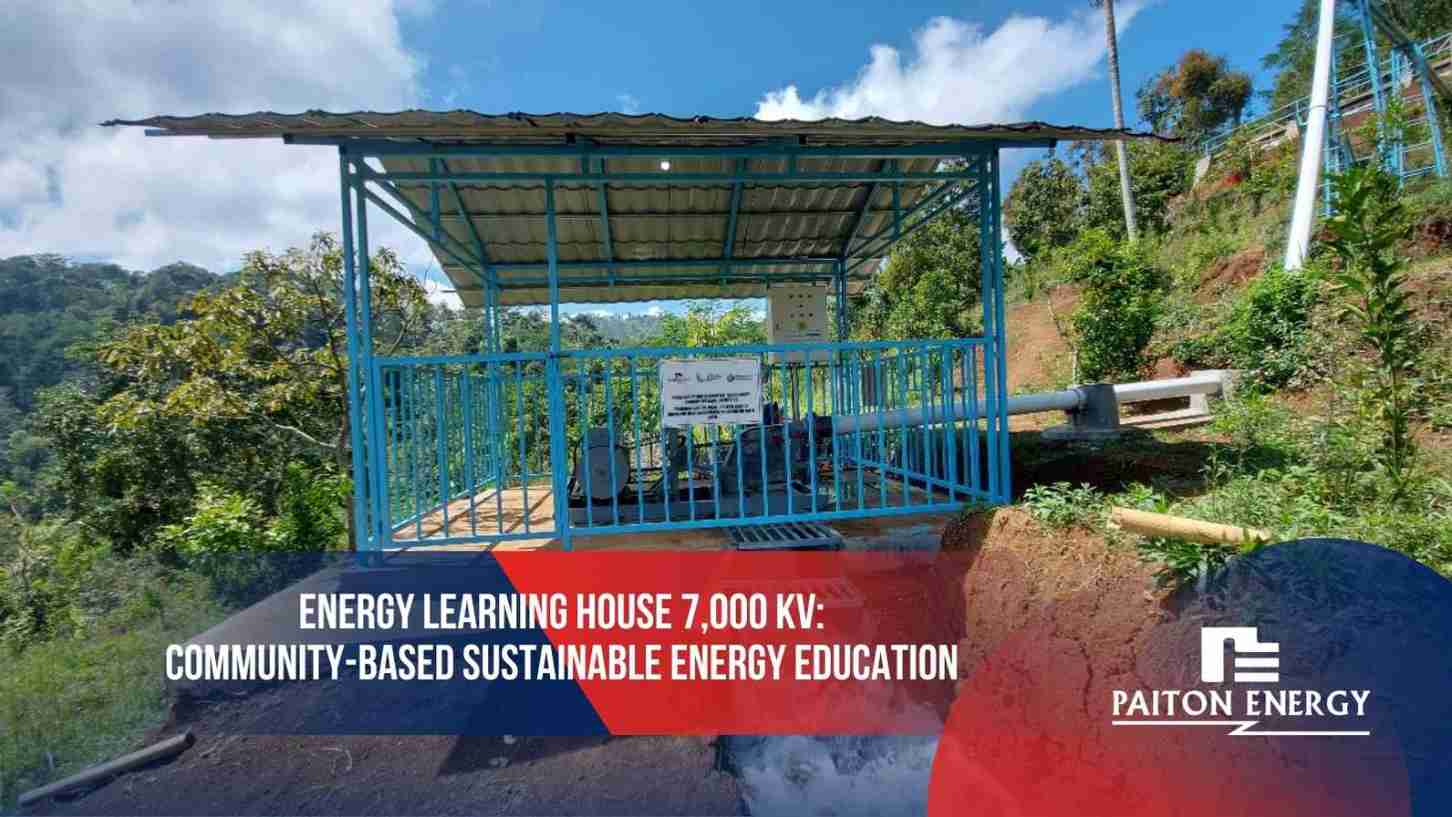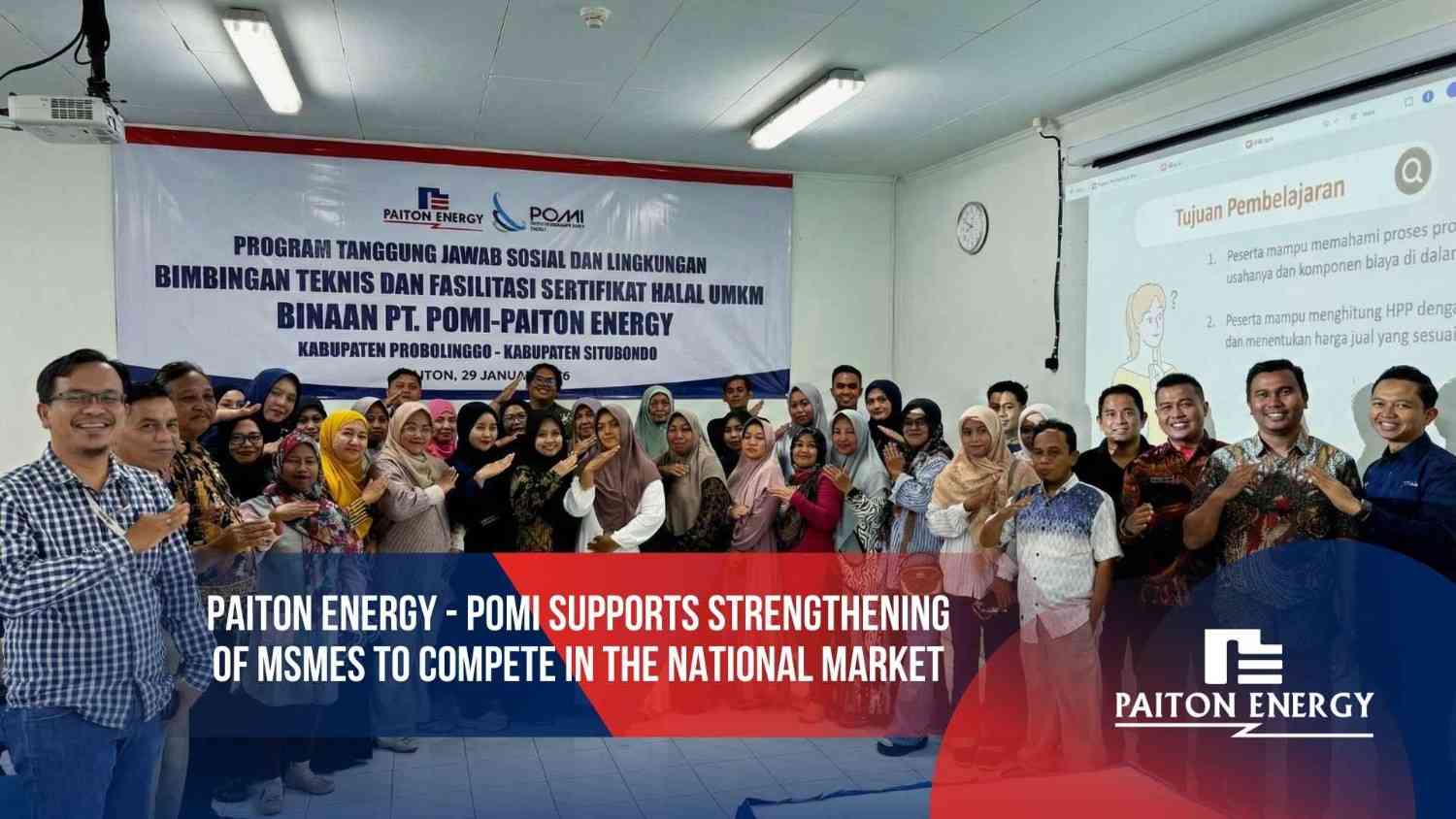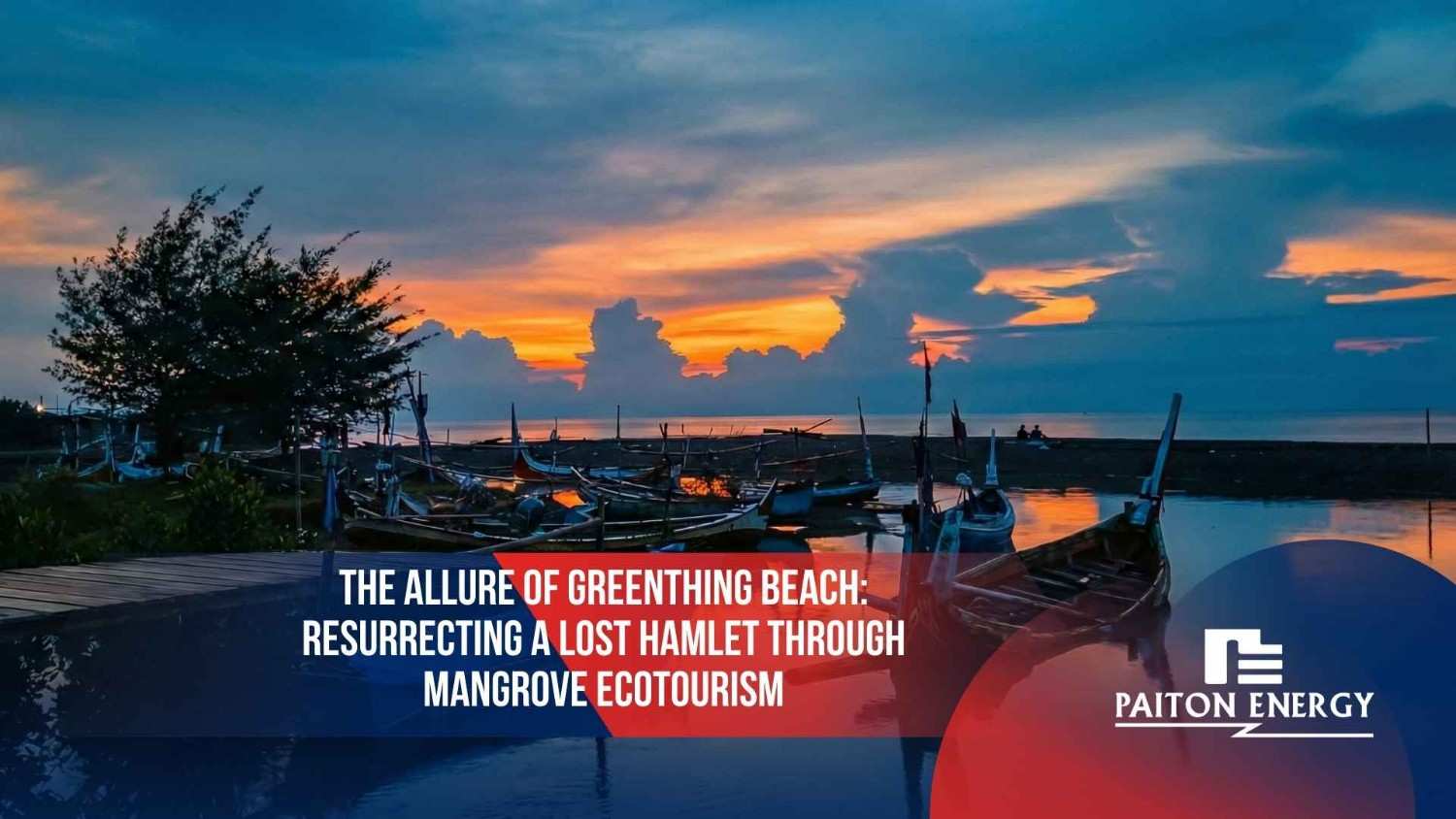The transition to clean energy is an urgent necessity amid global climate change and growing awareness of environmental sustainability. In Indonesia, various local initiatives are emerging as tangible solutions.
One such initiative is the Energy Learning House 7,000 kV, a collaborative program by PT Paiton Energy and PT Paiton Operation & Maintenance Indonesia (POMI). Adopting a community-based education model, this program integrates renewable energy provision, environmental education, and local economic empowerment.
Through a holistic approach, the Energy Learning House stands as a concrete example of how sustainable energy can be inclusively and sustainably realized in Indonesia.
Program Overview and Objectives
As part of its commitment to education and green energy, PT Paiton Energy established the Energy Learning House in Plaosan Village, Krucil Subdistrict, Probolinggo Regency, East Java. In this village, a Micro-Hydro Power Plant or Pembangkit Listrik Tenaga Mikro Hidro (PLTMH) with a capacity of 7,000 Watts (7 kV) was constructed, utilizing the water flow from Kali Pedati Waterfall.
This micro-hydro plant generates environmentally friendly electricity distributed to 14 households, each receiving approximately 500 Watts. Beyond mere electricity distribution, the program aims to use energy as a gateway to social transformation and education.
The Energy Learning House serves as an open learning space for the local community to better understand and engage with sustainable energy technologies in Indonesia.
Voices from the Community
The positive impact of the Energy Learning House program is directly felt by the residents of Plaosan Village. Their testimonials reflect how access to sustainable energy can tangibly improve quality of life:
“Before the micro-hydro electricity, we struggled a lot. We couldn’t use projectors or turn on laptops to teach the children. Now, thank God, everything is much easier, and the children can study properly, even at night.”
— Wahyuni, Plaosan Village Resident
“Since we got electricity, I can use a mixer and blender to make cakes. Production is faster and output has increased.”
— Hatipa, Plaosan Village Resident
“On behalf of the village government and community, we are deeply grateful to PT Paiton Energy and POMI. The electricity issues that used to hinder our activities have now been resolved. This support is truly valuable.”
— Tosan, Village Head of Plaosan
Economic Empowerment and Social Innovation
A key strength of this program lies in the productive use of energy. During the daytime, when household demand is low, electricity from the micro-hydro plant is redirected to support creative economic activities such as agricultural product processing, food production, and other microenterprise development.
This model demonstrates that sustainable energy is not solely about efficiency—it also opens new economic opportunities. With the support of technology, communities can increase their income while building local economic resilience. This approach highlights the vast potential of sustainable energy in driving independent and innovative rural development in Indonesia.
Contributions to SDGs and Education
The program contributes to achieving the Sustainable Development Goals (SDGs), particularly in the areas of Clean Energy (SDG 7), Quality Education (SDG 4), and Poverty Alleviation (SDG 1).
The Energy Learning House fosters active youth engagement in understanding the challenges and solutions related to the energy crisis and the importance of transitioning to renewable sources.
By providing access to hands-on learning, technical training, and project-based mentoring, the program acts as a catalyst for developing new competencies among local communities. Participants are encouraged not only to learn the theory but also to witness firsthand the real-life application of sustainable energy in Indonesia.
Program Sustainability and Additional Technologies
Since its inception in 2018, the Energy Learning House has operated consistently, involving local communities in its management. This direct involvement is key to the program’s sustainability. Residents are not just beneficiaries, but also active implementers and guardians of the established energy system.
PT Paiton Energy’s commitment extends beyond micro-hydro development. The company also promotes sustainable energy use through solar power installations in schools and the development of vocational training via Training Institutes or Lembaga Pelatihan Kerja (LPK).
This strategy diversifies renewable energy applications in Indonesia while expanding the educational impact of sustainable energy programs.
A Model for Inclusive and Sustainable Rural Development
The Energy Learning House 7,000 kV stands as a tangible example of how renewable energy can be effectively implemented at the village level. Through a combination of micro-hydro technology, environmental education, and local economic empowerment, the program proves that the energy transition in Indonesia can be achieved through inclusive and sustainable means.
Community participation as key stakeholders ensures the program’s success, making this initiative not only relevant for Plaosan Village but also an inspiring model for other regions in Indonesia seeking to achieve energy independence based on local potential.




